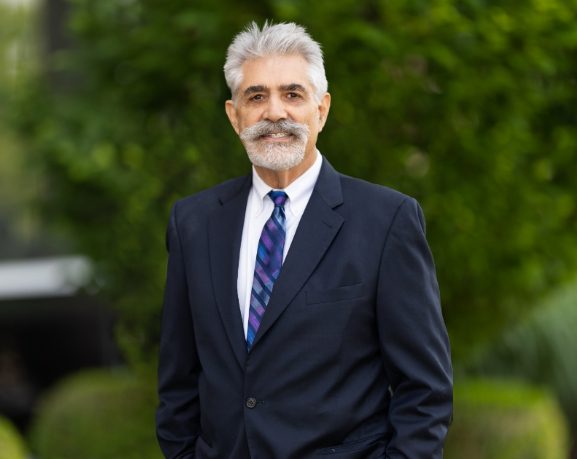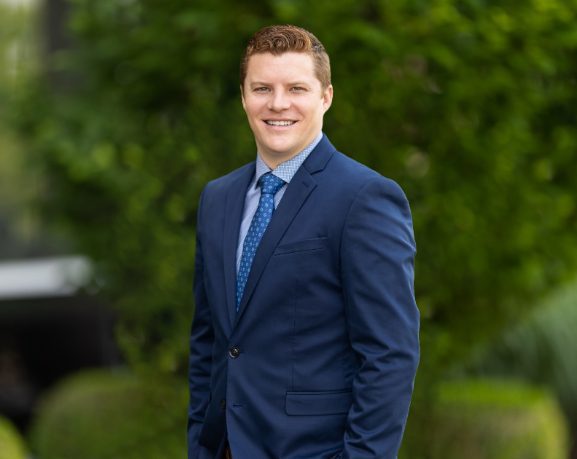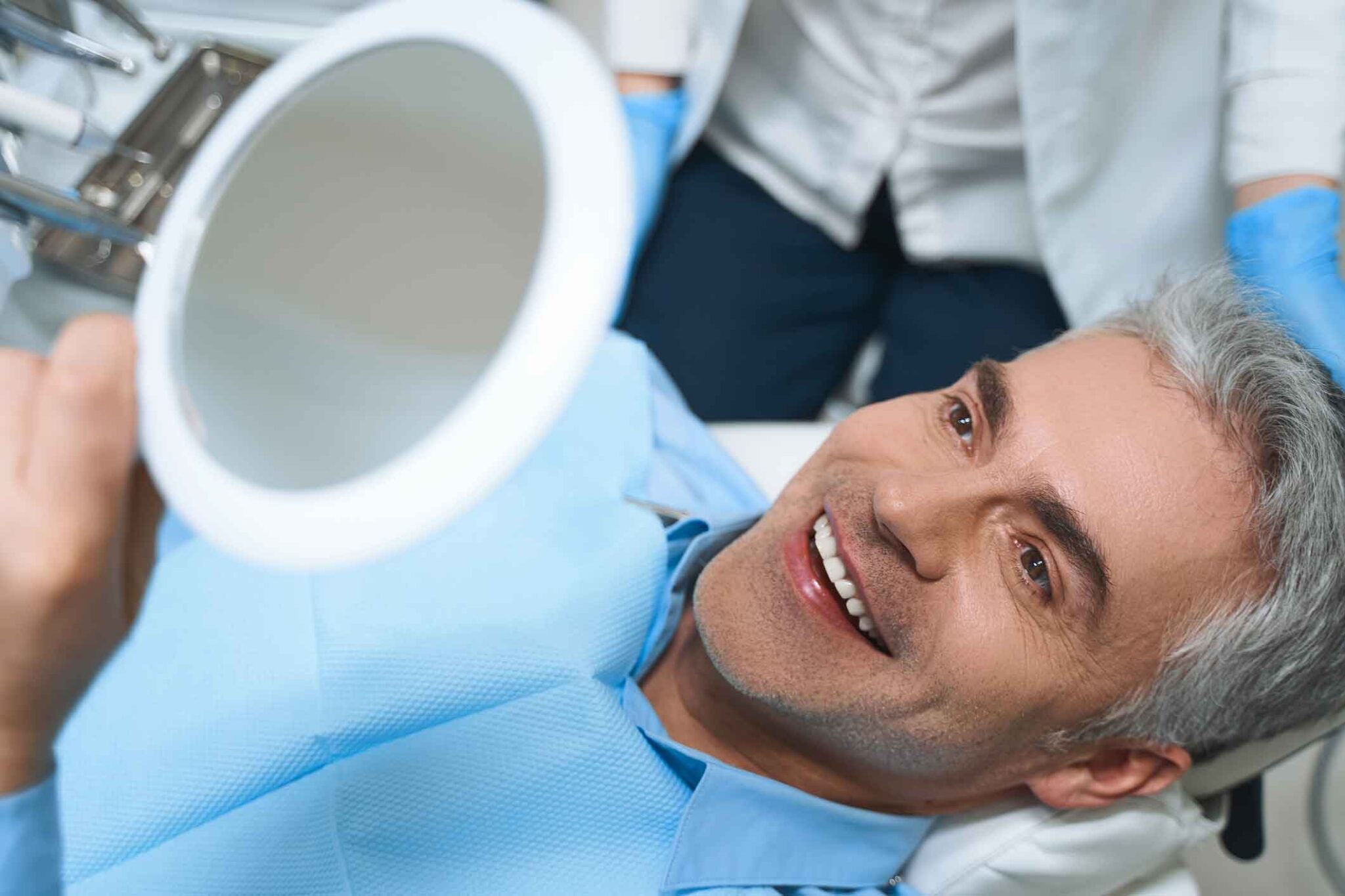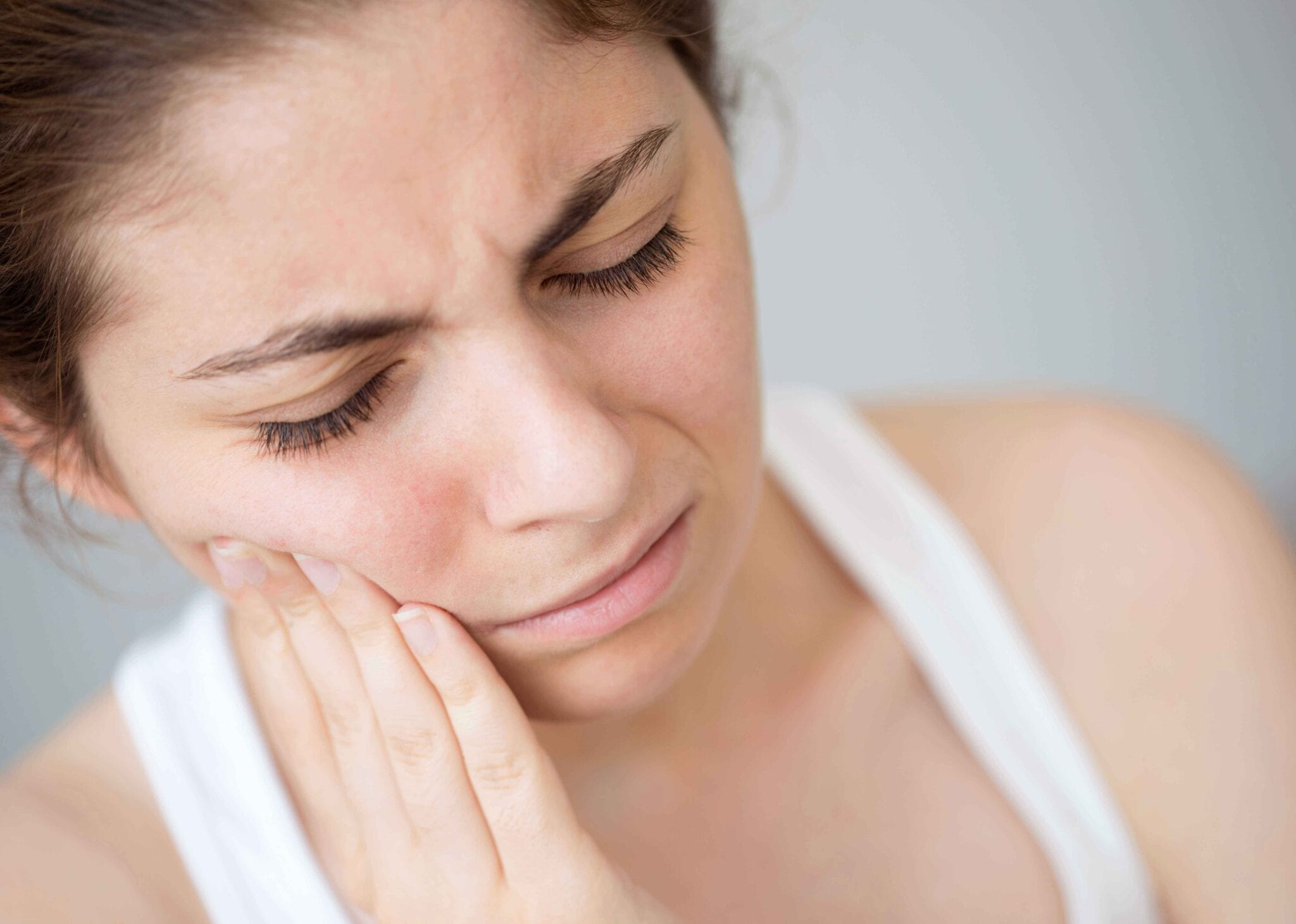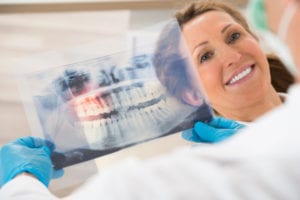 Modern advances in medicine and dentistry have made the process of oral surgery all but painless. Even when oral surgery is uncomplicated, there is a lengthy recovery process to endure to ensure your mouth heals properly.
Modern advances in medicine and dentistry have made the process of oral surgery all but painless. Even when oral surgery is uncomplicated, there is a lengthy recovery process to endure to ensure your mouth heals properly.
Here are some tips to encourage recovery:
-
Take Recommended Medications.
Your oral surgeon might prescribe you an antibiotic before and/or after surgery to eliminate or reduce the risk of infection. Take the antibiotic as prescribed until it’s all gone. Following a procedure, some surgeons might prescribe pain medication to help ease the recovery. If your doctor did not prescribe medication, ask your surgeon what over-the-counter products he or she recommends for treating discomfort or pain at the site.
-
Get Plenty of Rest.
After any surgery, your body needs to recover from the anesthesia or other treatments you received during the procedure. Rest is the best medicine for helping your body and the surgery site heal as quickly as possible. Following most oral surgeries, patients are advised to rest as much as possible and avoid certain activities, such as heavy lifting or work, for 24 or 48 hours after the procedure. This time is crucial for your body to begin the healing process.
-
Use Ice.
You may experience swelling or sensitivity around the site during the first 24 hours after surgery. Keep your head elevated and apply an ice pack to your cheek over the affected area.
-
Stick to Soft Foods and Liquids.
Chewing might be painful or difficult following oral surgery. To allow time for your wounds to heal properly, stick with items such as soups, mashed potatoes, juices, herbal teas, puddings, or gelatins for the first few days after surgery. Gradually reintroduce more foods into your diet as your mouth heals and the area becomes less sensitive.
-
Don’t Brush the Treated Area.
Avoid brushing the surgery site immediately after the procedure to help the wound heal properly. Excessive brushing on the area can make the wound bleed and can even pull out any stitches from the location. Follow the surgeon’s instructions for cleaning and caring for the area.
-
Don’t Smoke.
If you are a smoker, avoid smoking for at least 24 hours after the procedure. Smoking can delay the healing process and can cause an infection at the surgery site.
For additional questions about oral surgery recovery, talk with your doctor at OMSNashville.
The information and content on our website should not be used as a substitute for medical treatment or advice from your doctor.




